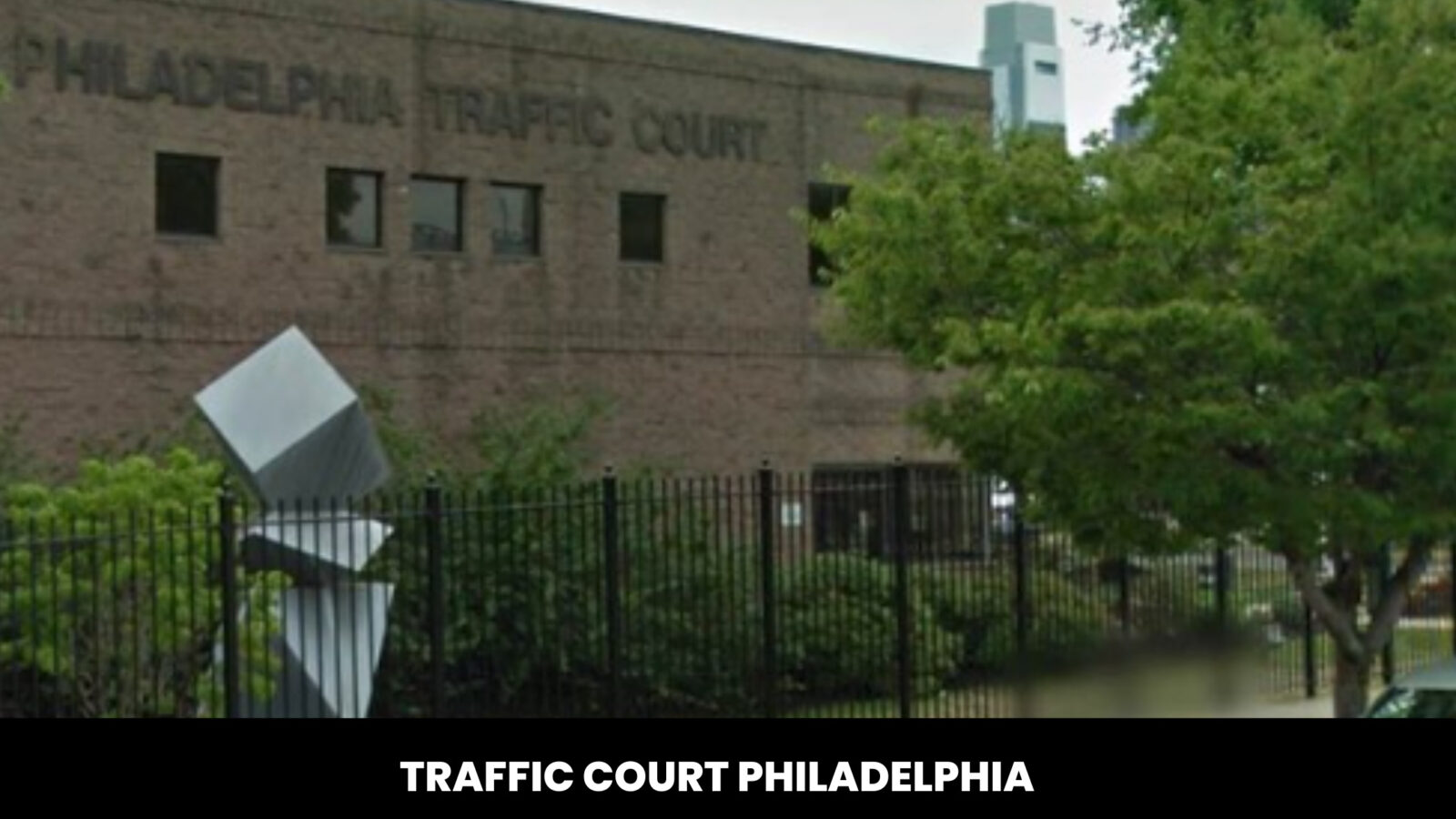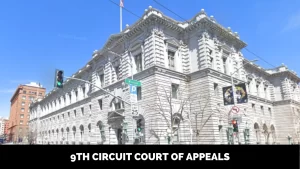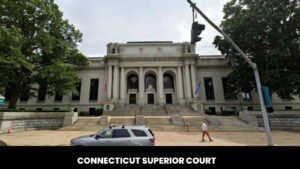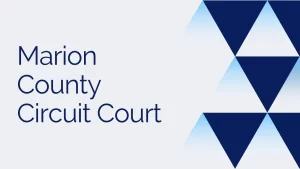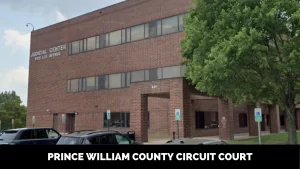Traffic Court Philadelphia
Time
Working Hours:
Monday:
8 am–4:30 pm
Tuesday:
8 am–4:30 pm
Wednesday:
8 am–4:30 pm
Thursday:
8 am–4:30 pm
Friday:
8 am–4:30 pm
Saturday: closed
Sunday: closed
Connect with a Attorney
Dealing with traffic violations can be a daunting experience for any driver. Whether it’s a speeding ticket or a red light violation, the consequences can have a significant impact on your driving record and insurance premiums. In Philadelphia, like any other city, traffic violations are taken seriously, and the Traffic Court plays a crucial role in adjudicating these cases. In this article, we will explore the process of Traffic Court in Philadelphia, common traffic violations, their consequences, and provide valuable tips to handle traffic tickets effectively.
Understanding Traffic Courts
Traffic Courts are specialized judicial bodies responsible for handling cases related to traffic violations. They operate separately from criminal courts and primarily focus on traffic infractions and offenses. In Philadelphia, the Traffic Court ensures fair and impartial handling of traffic-related cases, allowing individuals to present their side of the story and receive a fair judgment.
Traffic Court Process in Philadelphia
3.1 Ticket Issuance
When you violate traffic laws in Philadelphia, you may receive a traffic ticket issued by law enforcement. This ticket outlines the specific violation committed, the corresponding fine, and the date of the court hearing. It is essential to respond promptly to the ticket and choose the appropriate course of action.
3.2 Options After Receiving a Ticket
After receiving a traffic ticket, you have several options to consider. You can either plead guilty and pay the fine or choose to contest the ticket in Traffic Court. Keep in mind that admitting guilt may lead to points on your driving record and potential insurance rate hikes.
3.3 Preparing for the Hearing
If you decide to contest the ticket, adequate preparation is crucial. Gather any evidence or witnesses that can support your case. Understanding the specific traffic law you are accused of violating will also be beneficial during the hearing.
3.4 The Court Hearing
On the scheduled court date, you must appear in Traffic Court and present your case. Be respectful and provide clear and concise information to the judge. The court will listen to both sides before making a judgment.
Common Traffic Violations in Philadelphia
Philadelphia sees its fair share of traffic violations, with some being more common than others. It’s essential to be aware of these violations to avoid potential legal troubles.
4.1 Speeding
One of the most prevalent traffic violations is speeding. Driving over the designated speed limit not only endangers yourself but also other road users. The fines for speeding can vary depending on how much over the limit you were driving.
4.2 Reckless Driving
Reckless driving involves operating a vehicle with a complete disregard for the safety of others. It may include aggressive driving, tailgating, or weaving through traffic. Penalties for reckless driving can be severe.
4.3 Running Red Lights
Running a red light is not only dangerous but also a violation that is easy to detect through traffic cameras. It puts pedestrians and other drivers at risk and may result in hefty fines.
4.4 DUI/DWI Offenses
Driving under the influence (DUI) or driving while intoxicated (DWI) is a serious offense that can lead to license suspension, fines, and even imprisonment. It is crucial to avoid driving when impaired and to designate a sober driver.
Consequences of Traffic Violations
Understanding the potential consequences of traffic violations can encourage drivers to follow the rules of the road.
5.1 Fines and Penalties
Traffic violations in Philadelphia come with fines, and the amount can vary depending on the severity of the offense. Repeat violations may lead to increased fines or other penalties.
5.2 Points on Driving Record
Each traffic violation adds points to your driving record. Accumulating too many points can result in the suspension of your driver’s license.
5.3 License Suspension
Serious traffic violations or a significant number of accumulated points can lead to the suspension of your driver’s license. This can cause significant inconvenience and affect your daily life.
How to Handle a Traffic Ticket in Philadelphia
Conclusion
In conclusion, navigating the Traffic Court process in Philadelphia is essential to protect your rights and driving privileges. Understanding the consequences of traffic violations can also motivate drivers to adopt safe driving practices. If you find yourself facing a traffic ticket, consider your options carefully and seek legal advice if needed. Safe driving and adhering to traffic laws will ensure the safety of all road users and help you avoid potential legal troubles.
FAQs
1. What should I do if I receive a traffic ticket in Philadelphia? If you receive a traffic ticket, you have options such as paying the fine, attending traffic school, or contesting the ticket in Traffic Court. Assess your situation and choose the appropriate course of action.
2. Can I contest a traffic ticket in Philadelphia? Yes, you can contest a traffic ticket in Traffic Court. Prepare your case, gather evidence, and present your side of the story during the court hearing.
3. Will traffic violations affect my insurance rates? Yes, traffic violations can lead to increased insurance premiums, especially if you accumulate points on your driving record.
4. How can I avoid traffic violations in Philadelphia? To avoid traffic violations, always follow the posted speed limits, obey traffic signals, and refrain from driving under the influence of alcohol or drugs.
5. Do I need a traffic attorney for my case? While it’s not mandatory to hire a traffic attorney, having legal representation can be beneficial, especially for more complicated cases or if you are facing severe penalties.

